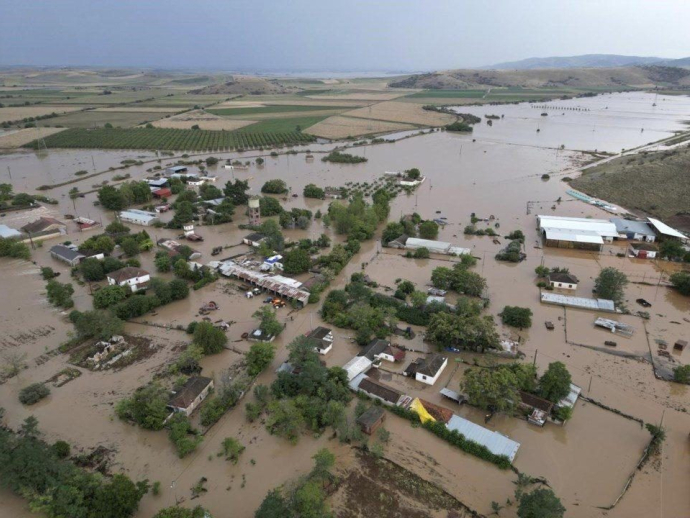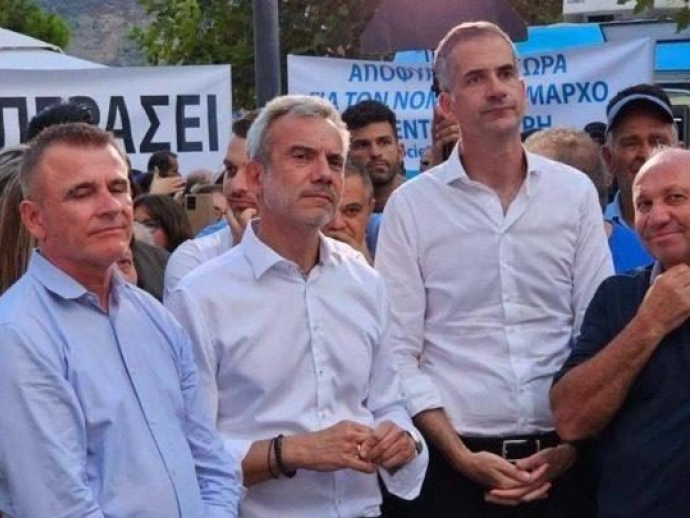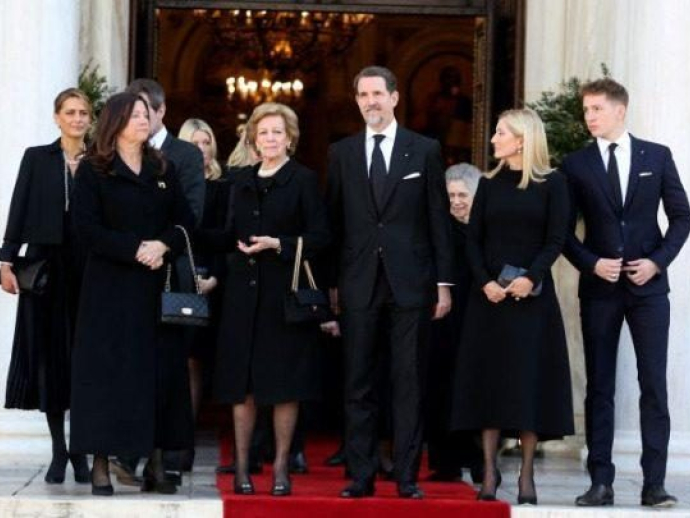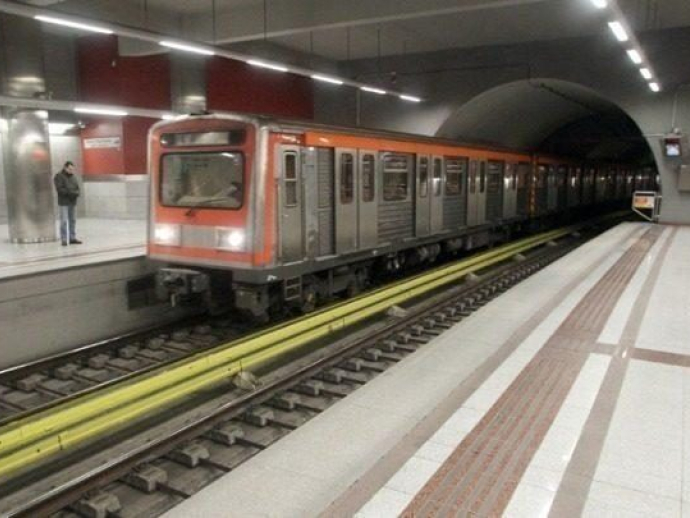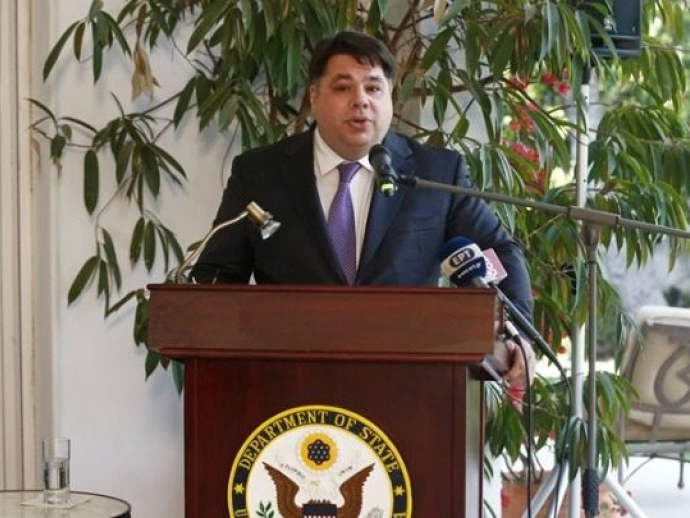Greece migrant tragedy: Coast Guard rope capsized boat, survivor accounts say
Some also said the tragic end, when it came, was precipitated by the actions of the Greek coast guard. They have told judicial authorities of a doomed attempt to tow the overloaded trawler that caused the vessel to capsize in the early hours of June 14th.
A disastrousCoast Guard towing attempt was recounted in 6 of the 9 statements from survivors submitted to Greek judicial officials investigating the causes of the tragedy, according to evidence seen by Reuters.
One Syrian survivor said he and other migrants on board the Adriana, which had broken down en route to Italy, screamed “Stop!” after a Greek coast guard vessel attached a rope to the bow of the trawler and began to pull it while picking up speed.
The migrant boat tilted left and right and then it turned upside down, he added.
Three other witnesses said they didn’t know what caused the Adriana to capsize. Reuters is not publishing the names of the nine survivors who gave the accounts, which haven’t been made public.
The statements of the six witnesses clash with the public statements given by the Greek coast guard and government, which have said no attempt was made to tow the boat and that it overturned when the coast guard was about 70 meters away.
The shipping ministry, which oversees the coast guard, told Reuters it couldn’t comment on issues that were the subject of a confidential and ongoing investigation by prosecutors. Greek prosecutors are forbidden by law from commenting on live inquiries.
The nine survivors submitted their accounts on June 17-18th to investigators conducting a preliminary probe into the disaster. Α group of suspected traffickers, arrested on June 15 on charges including manslaughter, migrant smuggling and causing a shipwreck, have been jailed pending a fuller investigation that could culminate in a trial. They deny wrongdoing.
The towing episode was also recounted by two other survivors who were separately interviewed by Reuters and asked not to be identified for fear of reprisals from Greek authorities. One of them, who gave his name only as Mohamed, described the terrifying moments when the Adriana overturned, which he said came when the coast guard started tugging the boat.
“They quickly pulled us and the boat capsized. It moved to the right, to the left, to the right and it capsized. People started to fall on each other,” he said. “People were on top of each other, people were screaming, people were drowning each other. It was night time and there were waves. It was scary.”
On June 15 a coast guard spokesperson, responding to local media reports that cited some survivors who said the trawler was towed, publicly denied that a coast guard vessel had attached a rope to the Adriana at any time.
A day later, the coast guard amended its account: it said its vessel had attached a rope to the Adriana to help it draw nearer to communicate. The coast guard denied it had subsequently tried to tow the trawler, saying it had kept its distance.
Nikos Spanos, a retired admiral in the Greek coast guard, told Reuters it was unlikely that a coast guard vessel would have attempted such a dangerous maneuver as towing the stricken trawler.
“Its (the coast guard’s) aim was to establish a better contact to help the vessel and assess the situation. This is my understanding. Because if they had tried to tow it or anything else, it would have been too risky and this wouldn’t have been the right way to do it.”
’NO HELP. GO ITALY’
When the Adriana capsized and sank 47 miles southwest of Pylos, in international waters within Greece’s search-and-rescue jurisdiction, it was carrying between 400 and 750 migrants mostly from Syria, Egypt and Pakistan, the UN refugee agency says.
A total of 104 survivors have been found but rescuers say it’s unlikely anyone else will be recovered, dead or alive, in one of the of the deepest parts of the Mediterranean.
The Coast Guard ship’s log was also submitted to the judicial authorities and details 2 instances 2 hours apart when the coast guard vessel approached the Adriana, according to the evidence.
At 11:40 p.m. on June 13th the vessel approached the trawler, which had a malfunctioning engine, and tied a rope to the boat to allow it to draw closer and talk to those on board to assess the situation and if they needed help, the log said.
People on board shouted “No help” and “Go Italy” and untied the rope, according to the log which said the Adriana’s engine was then restarted and it headed west.
Then at 1:40 a.m., the coast guard vessel was instructed by its operation center to return to the trawler to inspect its condition after the Adriana had stopped moving.
The coast guard vessel approached to a distance of about 70 meters from the Adriana and heard a lot of shouting, and in under seven minutes the trawler had capsized, according to the log.
$55 EXTRA FOR ‘SAFER’ DECK
The Adriana set off from a beach in or near the Libyan town of Tobruk around June 10, according to survivors. Before they boarded, the traffickers took away their belongings and threw out bottles of drinking water to make room for more people, survivor Mohamed told Reuters.
Each traveler only had 40 cm of space, a Syrian migrant told judicial authorities, according to the evidence.
All 11 survivors said they paid between $4,500 to $6,000 for the journey, and the smugglers told them they would reach Italy in three days. Three survivors told authorities they paid anywhere from 50 to 200 euros ($55-220) extra for places on the outer deck, considered safer.
They were among thousands of people trying to get to southern Europe this year by setting off in boats from North Africa. More than 50,000 “irregular border” crossings of the Central Mediterranean, most of which begin in Tunisia and Libya, were detected in the first 5 months of 2023, up 160 percent from a year ago, according to EU border agency data.
A week after the tragedy near Greece, more than 30 migrants were feared dead after a dinghy headed for Spain’s Canary Islands sank.




























































































































































































































































































































































































































































































